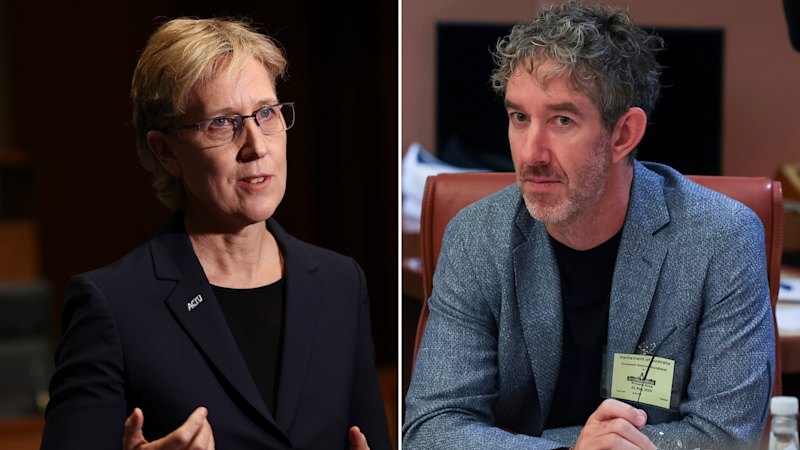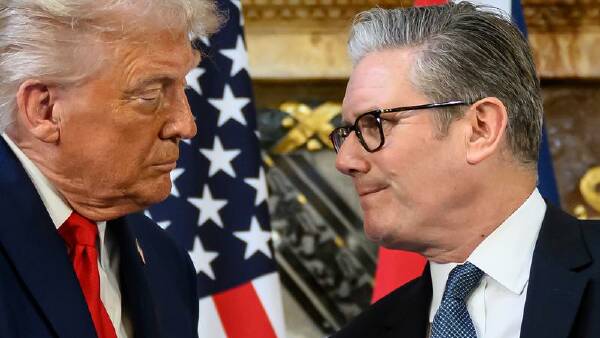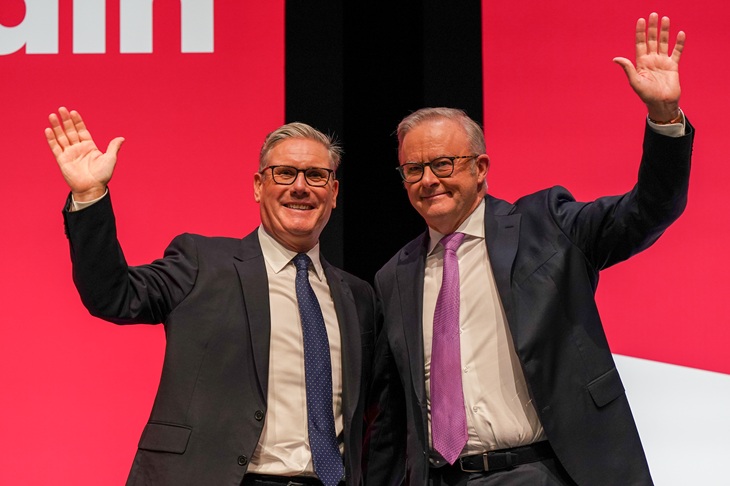
Efforts to address the challenges posed by artificial intelligence (AI) on creative industries are taking shape in Australia. Unions and major tech companies are collaborating on a framework to ensure that musicians, authors, and media outlets receive compensation for the content utilized by AI tools. This initiative emerged from discussions at a recent economic roundtable hosted by the Australian government.
The meeting, which took place in March 2023, highlighted concerns regarding large language models, such as ChatGPT, that can generate content based on existing articles, songs, and artworks. Critics argue that this technology risks devaluing original creative works, as it enables the reproduction of styles and content with minimal effort and time.
Sally McManus, president of the Australian Council of Trade Unions (ACTU), noted that the discussions marked a significant shift. “We’re going to give this a real good go at coming up with a model that ensures people are actually paid for what they’ve produced,” McManus stated. This sentiment was echoed by Scott Farquhar, chair of the Tech Council of Australia, who engaged with Liam O’Brien, ACTU assistant secretary, during a lunch at the roundtable. O’Brien aimed to convey the concerns of workers regarding AI’s impact on their industries.
Damian Kassabgi, the Tech Council’s chief executive, provided a more measured view, stating that while discussions are promising, no specific copyright model has yet been agreed upon. “We are hopeful we can find a path forward on copyright that allows AI training to take place in Australia while also including appropriate protections for creators,” he said.
The implications of AI-generated content extend beyond just employment; they also touch on the economic potential of the technology. The Productivity Commission recently reported that AI could add as much as $200 billion to the Australian economy. This report suggested considering exemptions for “text and data mining” from copyright restrictions, a practice already adopted in several other countries.
Despite the potential benefits of AI, there are significant concerns about its impact on jobs and creative rights. Jim Chalmers, Australia’s Treasurer, advocated for a balanced approach during the roundtable, emphasizing the need for economic growth while protecting creators. “There was a very heartening discussion about AI,” Chalmers remarked, indicating a growing consensus among participants, even if complete agreement has not yet been reached.
In the realm of creative industries, AI has already made its mark. Musicians worldwide, including high-profile artists like Drake and the late Brian Wilson, have seen their styles mimicked by AI-generated music. Australian musicians like Paul Bender have similarly discovered unauthorized reproductions of their work online. These incidents underline the urgency of establishing a fair compensation model for creators.
While the discussions at the economic roundtable represent a positive step forward, there are still significant hurdles to overcome. Participants, including industry leaders and union representatives, remain divided on the best approach to managing AI’s integration into creative sectors. The path ahead involves navigating complex legal and ethical questions while fostering innovation.
As the conversation continues, stakeholders from various sectors are keenly aware that the stakes are high. The outcome of these discussions could shape the future of creative industries in Australia and beyond, ensuring that creators receive the recognition and compensation they deserve in an increasingly digital world.







